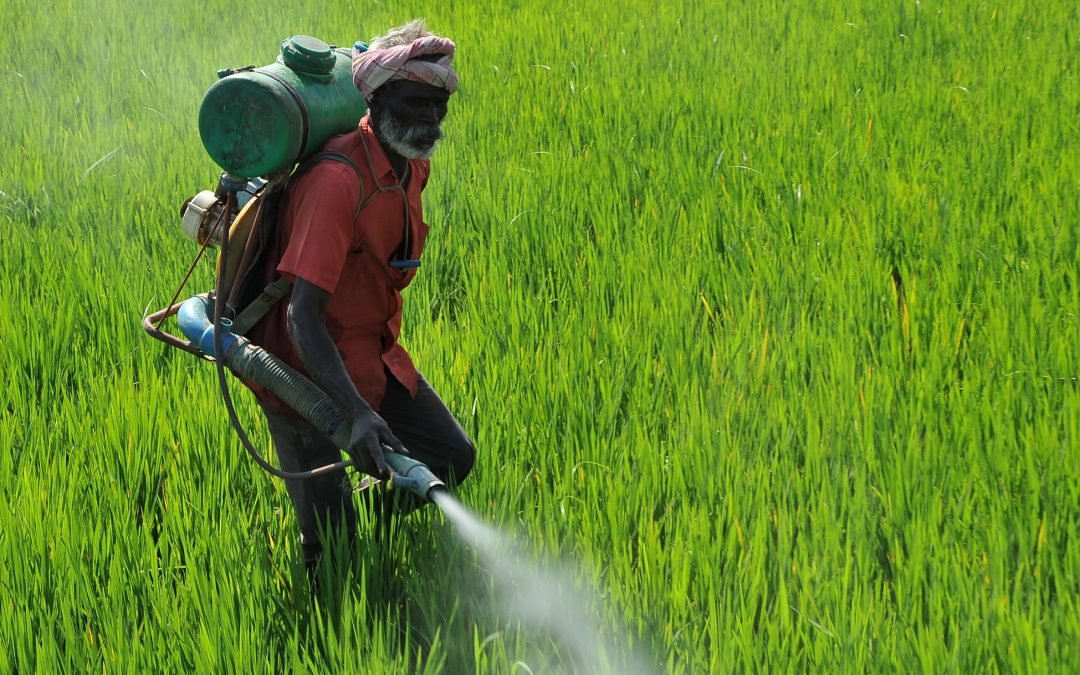Read in : தமிழ்
My dear farmers: As mentioned in my previous column, I am restarting our conservation through this space. I must thank you for all the emails, phone calls and WhatsApp messages expressing support.
Many suggested I write about their problems. I fully understand your anxiety and eagerness in having your opinions voiced through the column. I understand your grievances. As a farmer, I share them.
To start with, I am taking the case of farmer suicides.
The first thing that many non-farmers – students, professionals, workers – talk about when we mention agriculture is farmers selling their lands, leaving their villages or committing suicides. A bird’s-eye view would suggest that is indeed the case.
The suicides cannot be ignored. They cannot be swept under the carpet. We have to face them, feel ashamed and take full responsibly for that. But is one person to be blamed for that? Is one government responsible for that?
How did these suicides start in the first place? Wrong crops in wrong areas resulted in losses. To overcome them farmers borrowed money to see if he can get better in the subsequent harvest. He failed again. The reason was once again wrong choice of crop for the wrong soil type. This is a vicious circle. He takes money from the local money lender and can’t pay his mounting debt. Desperate for some remedy, his only option is to end his life thinking it will save him his honour.
For him it is just a matter of minute’s pain, but for his family the pain lasts their lifetime.
I visited Vidharbha in 2007 and spent some weeks visiting the homes and places of those who died. When I asked them why this happened the women in the families said the salesmen of pesticides promised them good yield if they used their products. They expected a bumper harvest but that didn’t happen.
We all know what happened. There were deaths almost every other day. It became a political issue and parties blamed each other. No solution was given. Nearly all suicides happened where Bt crops were sown using chemicals. In places where farmers practised organic agriculture with traditional seeds not one farmer committed suicide.
This is a serious matter to think and contemplate: Why didn’t one organic farmer commit suicide?
Organic farmers use inputs from their land itself. Some make their own inputs like panchagavya, fish gunabajalam and bio-pesticides from neem and castor to resist pest attack. There are numerous ingredients available in a village for a farmer to check pest infestation on his farm.
Take the case of Sethuraman from Kidathalaimedu village in Mayiladuthurai Taluk of Nagapattinam. He practices, “do nothing farming.”
What is this technique?
The field is ploughed thoroughly by applying 2-3 tonnes of vermicompost and the seedlings are planted. In addition, earthworms are released into the soil. Earthworms, apart from enriching the soil, also serve as effective rain harvesters. The soil becomes porous because of their constant burrowing and water is able to seep freely into the soil and increase the water table. Panchangavya made in the farm is continuously sprayed on the crops and also mixed with irrigated water to enrich the soil for the worms.
By adopting this method the farmer easily gets a net income of Rs 60,000 to Rs 65,000 a year. Those who have questions can reach Sethuraman at 04364-236467.
Sethuraman is just one example among hundreds who are doing it silently in Tamil Nadu. We will speak about some of them in the coming columns. Till then, stay healthy and eat healthy.
Read in : தமிழ்











